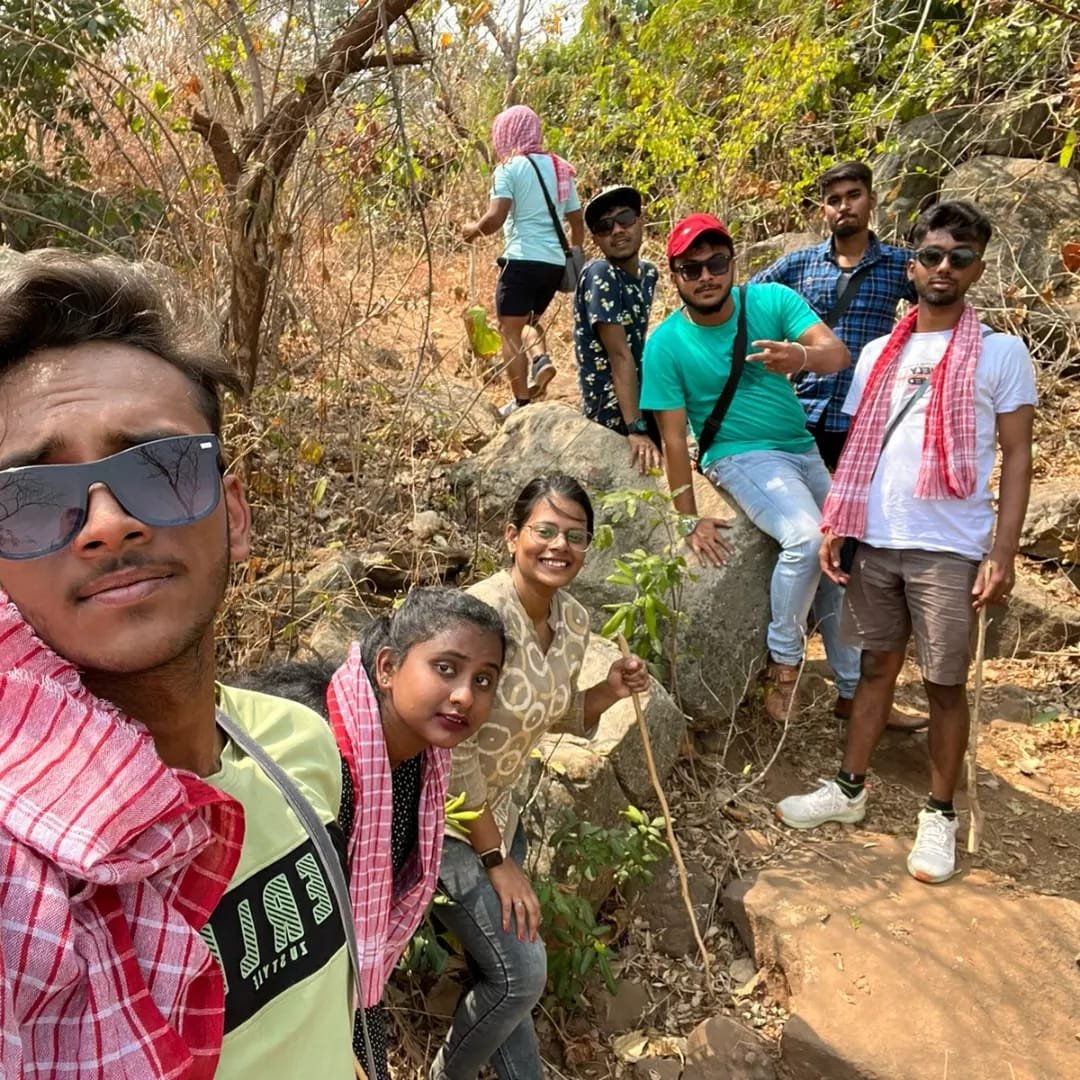Walk and Camp
As part of Academic Excursion, Walking and camping can offer unique opportunities for experiential learning, team building, and personal development. Here’s how these activities can be integrated into an academic excursion business:
Outdoor Education: Walking and camping provide opportunities for outdoor education, allowing students to learn about ecology, environmental science, geography, and other related disciplines in a natural setting. Guided nature walks can include discussions on local flora and fauna, geology, and conservation efforts, enriching students’ understanding of the environment.
Experiential Learning: Walking and camping foster experiential learning by immersing students in real-world environments where they can apply academic concepts in practical situations. For example, students can practice navigation skills using maps and compasses, conduct field research on biodiversity, or participate in outdoor leadership exercises.
Team Building: Walking and camping require teamwork and collaboration, making them ideal activities for promoting interpersonal skills and team dynamics. Students must work together to set up camp, cook meals, navigate trails, and overcome challenges, fostering trust, communication, and cooperation among group members.
Personal Development: Walking and camping encourage personal development by challenging students to step out of their comfort zones, adapt to new environments, and develop resilience and self-reliance. Facing outdoor challenges such as inclement weather, physical exertion, or unfamiliar terrain can build confidence and self-esteem.
Environmental Awareness: Walking and camping promote environmental awareness and stewardship by connecting students with nature and fostering a sense of responsibility for the environment. Through activities such as Leave No Trace camping practices and wildlife observation, students learn about sustainable outdoor recreation and conservation principles.
Cultural Immersion: Walking and camping in different regions provide opportunities for cultural immersion and interaction with local communities. Students can learn about indigenous cultures, traditional knowledge, and local customs through storytelling, cultural exchanges, and visits to historical sites or landmarks.
Reflection and Connection: Walking and camping encourage introspection and reflection, allowing students to connect with themselves and their surroundings on a deeper level. Campfire discussions, journaling, and mindfulness activities can facilitate reflection on personal growth, academic insights, and the natural world.
Wellness and Recreation: Walking and camping promote physical activity, relaxation, and stress relief, enhancing students’ overall well-being and mental health. Spending time outdoors, away from screens and urban distractions, allows students to recharge and rejuvenate in a natural environment.




















